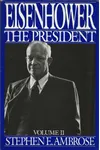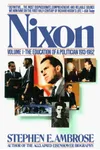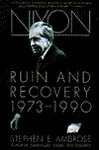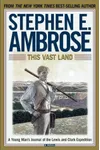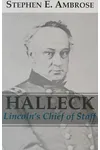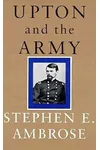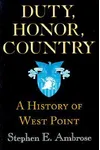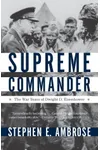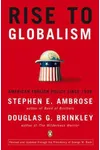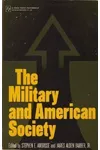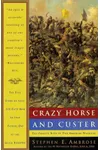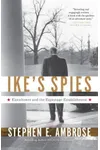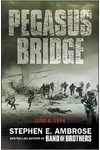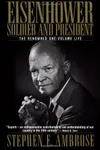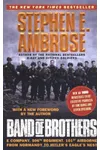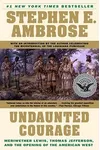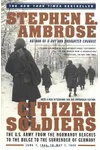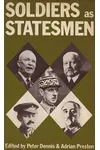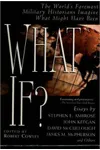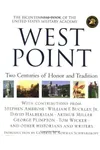Picture an American historian who turned dusty archives into gripping tales of heroism and leadership—meet Stephen E. Ambrose! Born in 1936, Ambrose became a literary giant, captivating millions with bestsellers like Band of Brothers. His knack for making World War II and U.S. history feel alive transformed how we connect with the past, though his legacy carries a few shadows.
The Making of Stephen E. Ambrose
Growing up in Whitewater, Wisconsin, Stephen Ambrose was a curious kid with a love for stories. He earned a history Ph.D. from the University of Wisconsin, inspired by mentors who saw his storytelling spark. Teaching at the University of New Orleans, he honed his craft, blending rigorous research with a conversational style. By the 1970s, Ambrose was writing biographies, starting with figures like Dwight D. Eisenhower, setting the stage for his blockbuster career.
Stephen E. Ambrose’s Unforgettable Stories
Ambrose’s books read like novels, packed with vivid details and human drama. Band of Brothers (1992) follows the paratroopers of Easy Company, blending interviews with cinematic flair—later inspiring the iconic HBO series. Undaunted Courage (1996) chronicles the Lewis and Clark expedition, showcasing his love for American exploration. His Eisenhower and Nixon biographies dig into leadership’s complexities, while D-Day (1994) captures the Allied invasion’s intensity. Ambrose’s style—accessible, character-driven, and rich with primary sources—made history feel urgent and personal.
Yet, controversy emerged later. Critics flagged inaccuracies and plagiarism in some works, like The Wild Blue. Ambrose admitted to sloppy citations but defended his intent. Despite these hiccups, his ability to humanize history—through soldiers’ letters or explorers’ journals—kept readers hooked.
Why Stephen E. Ambrose Matters
Ambrose didn’t just write history; he made it relatable. His books sold millions, inspiring a generation to care about World War II veterans and America’s past. The HBO Band of Brothers series amplified his impact, cementing Easy Company’s legacy. Though debates over accuracy linger, his storytelling democratized history, proving it’s not just for scholars. Ambrose’s work endures, inviting us to explore courage and sacrifice.
About Stephen E. Ambrose
- Born: January 10, 1936, in Whitewater, Wisconsin
- Died: October 13, 2002
- Key Works: Band of Brothers, Undaunted Courage, D-Day
- Notable: Founded the National WWII Museum in New Orleans
Snag Band of Brothers and dive into Stephen Ambrose’s thrilling take on history!

